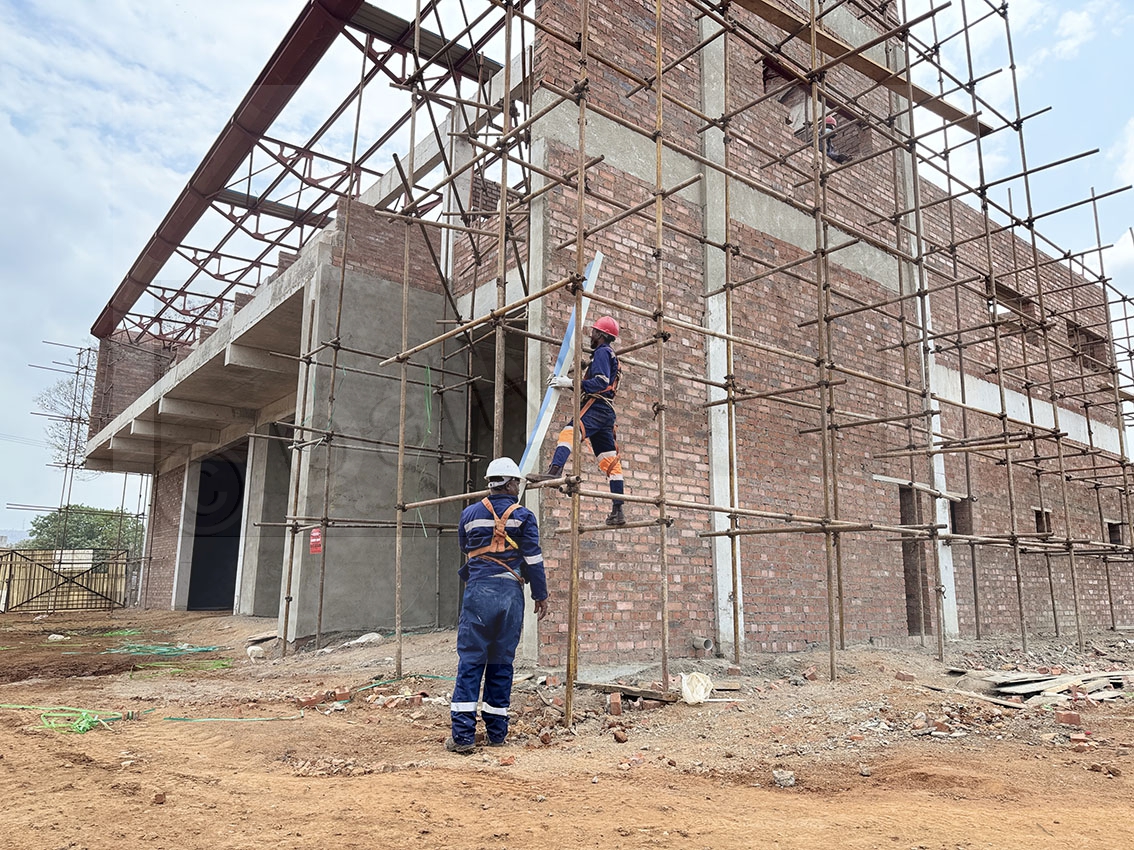Official calls for clean safe environment
27 Apr 2023
Promotion of reusing and recycling is critical to making the environment where people live and work healthy to avoid diseases and deaths.
This was said by deputy permanent secretary, corporate services in the Ministry of Environment and Tourism, Ms Masego Mooketsi at the Waste Value Chains Symposium Towards Entrepreneurship in Gaborone on Wednesday.
“Vision 2036 envisages Botswana to be a clean country with solid waste viewed as a resource and its economic value integrated in natural resources planning and management,” Ms Mooketsi said.
She added that due to population growth, industrialisation and changes in consumer patterns, waste generation had significantly increased over time, surpassing existing infrastructures to manage it.
“This results in littering, open burning and other inappropriate waste management practices leading to air, water and land pollution, which has been associated with more than 100 diseases and injuries,” she said.
She explained hat the intergraded Waste Policy of 2021 also advocated for adoption of a circular economy in addressing waste management challenges, hence the need to commit to clean and safe environment in order to improve waste management habits and be part of the step-by step introduction to circular economy.
Meanwhile, Ms Mooketsi expressed concern about challenges that Botswana faced regarding managing its waste, particularly municipal solid waste.
She said although government had promulgated laws and instituted many policies for waste management, there was no culture of waste entrepreneurship.
“On average only four percent of municipal solid waste was currently being recycled in Africa whilst the rest of waste was disposed by landfill” she said.
Further, she said informal waste pickers were active in recovering valuable resources from waste at little or no cost to municipalities and private companies.
She also pointed out that safety and health of those workers was highly compromised in the process.
Further, she said the recycling sector was faced with a number of challenges including fluctuation markets for recyclables, inefficient incentives, inadequate infrastructure and inferior quality of recyclables due to contamination during generation, adding that there was also poor understanding of the social, technological and economic value of waste.
She therefore emphasised the need to create wealth from litter as economic opportunities such as investing into infrastructural development, incorporating modern ideas and best practices into legal framework.
Ms Mooketsi acknowledged Botswana EU-Policy Dialogue facility in assisting the Ministry of Environment and Tourism through the Department of Waste Management and Pollution Control (DWMPC) to develop waste management value chains road map and business plan, in order to improve waste management value chain and raise awareness on the importance of a clean environment.
For his part, the EU delegation representative, Mr Matlhare Tebogo highlighted that circular economy meant putting emphasis on using renewable sources and non-polluting raw material. “There could be food systems, packaging, built environment, electronics as well as fashion and textiles opportunities in the circular economy,” Mr Tebogo said.
He pointed out that the EU Botswana Cooperation of 2021-2027 was at a tune of 16 million Euros with priority areas in green transformation and economic diversification and jobs.
On the integrated waste management policy in Botswana, DWMPC director, Ms Oarabile Serumola expressed concern about the inadequate waste collection services due to insufficient resources. Ms Serumola was also worried about illegal dumping of construction and rubble waste, which she attributed to absence of clear economic and social instruments to support waste management.
“Among others, there are no local treatment and disposal facilities for hazardous waste hence export to other countries,” she added.
She thus challenged those who imported, produced, collected, carried, kept, treated, dispose of, brokered in and processed waste to manage it correctly by storing it properly, ensure safe recovery as well as disposal without endangering human health or harming the environment.
Meanwhile, the symposium which ends on today aimed to share ideas and experiences on waste value chain and circular economy and stimulate discussions on the legislative, infrastructure and financial reforms that would transform the Botswana recycling industry for the better with the view to achieve the target of 50 per cent diversion by 2030. ENDS
Source : BOPA
Author : Lesedi Thatayamodimo
Location : Gaborone
Event : Meeting
Date : 27 Apr 2023





